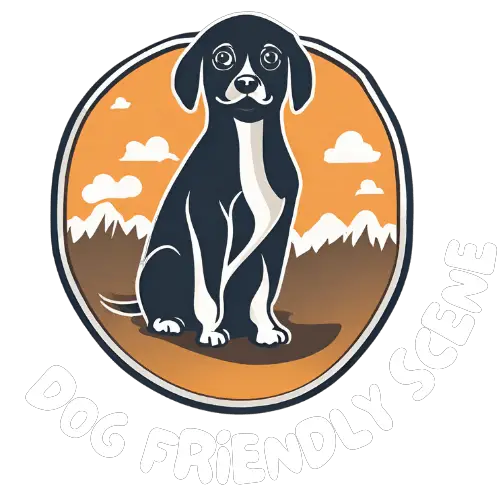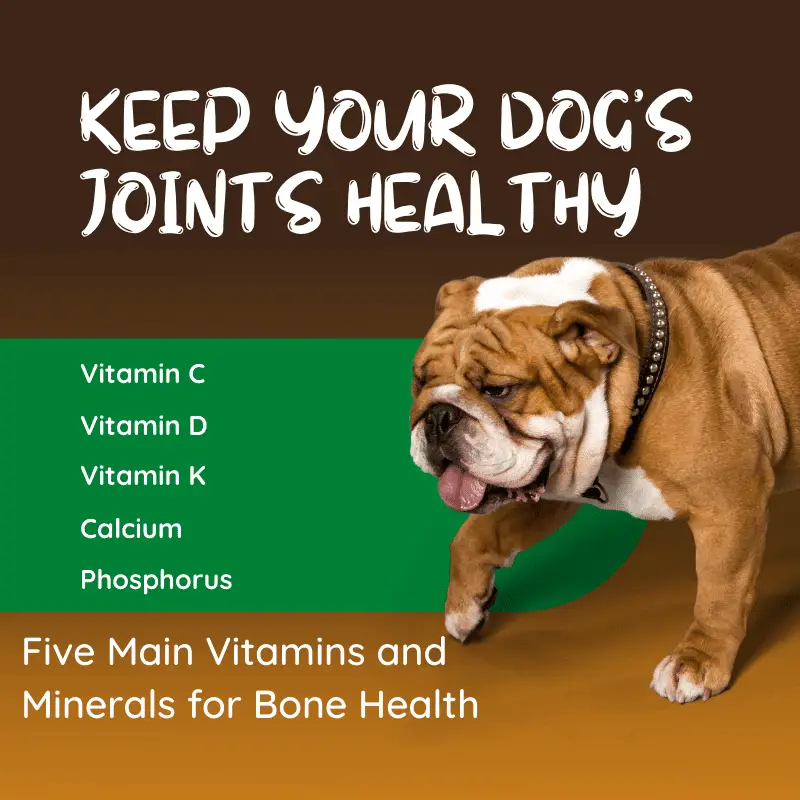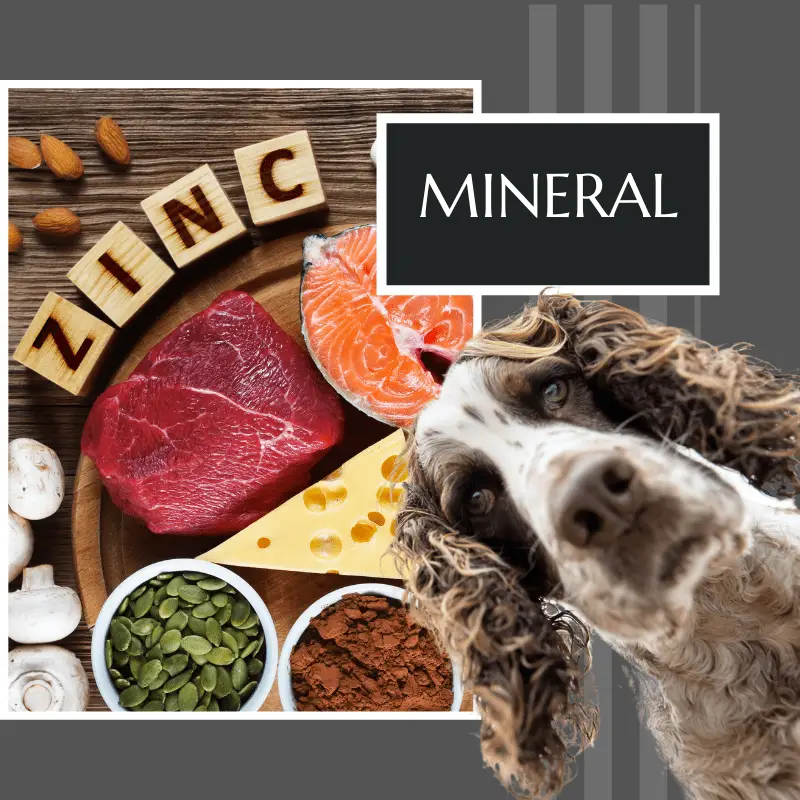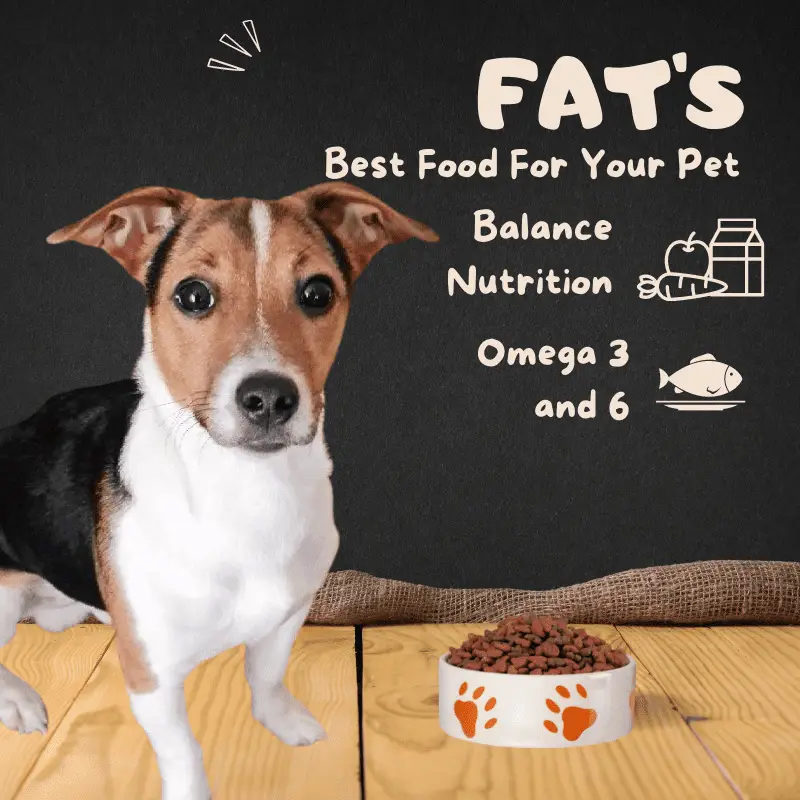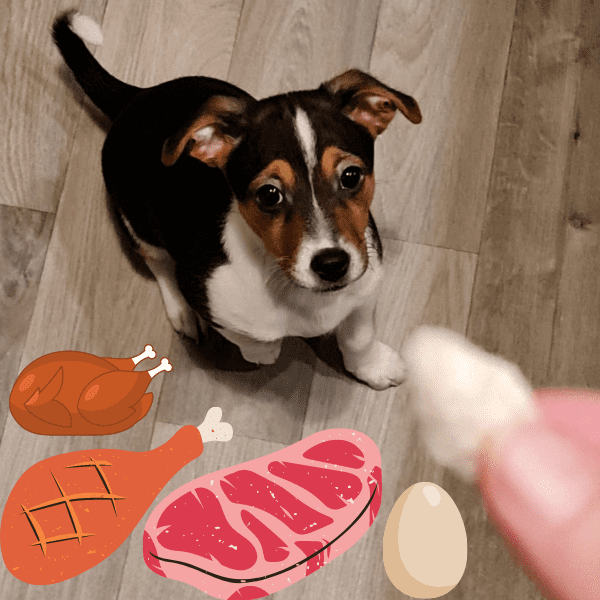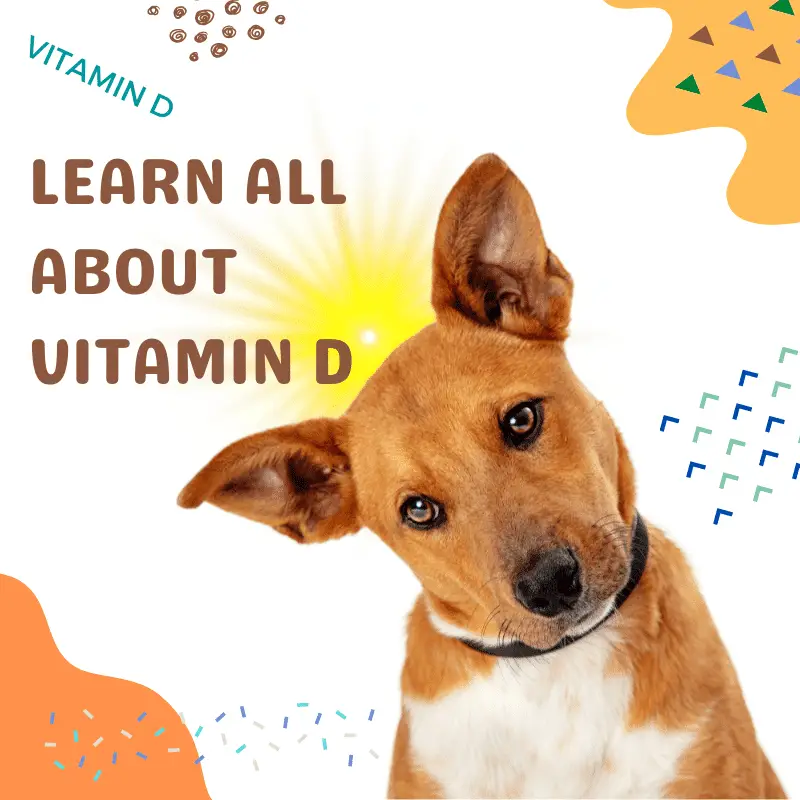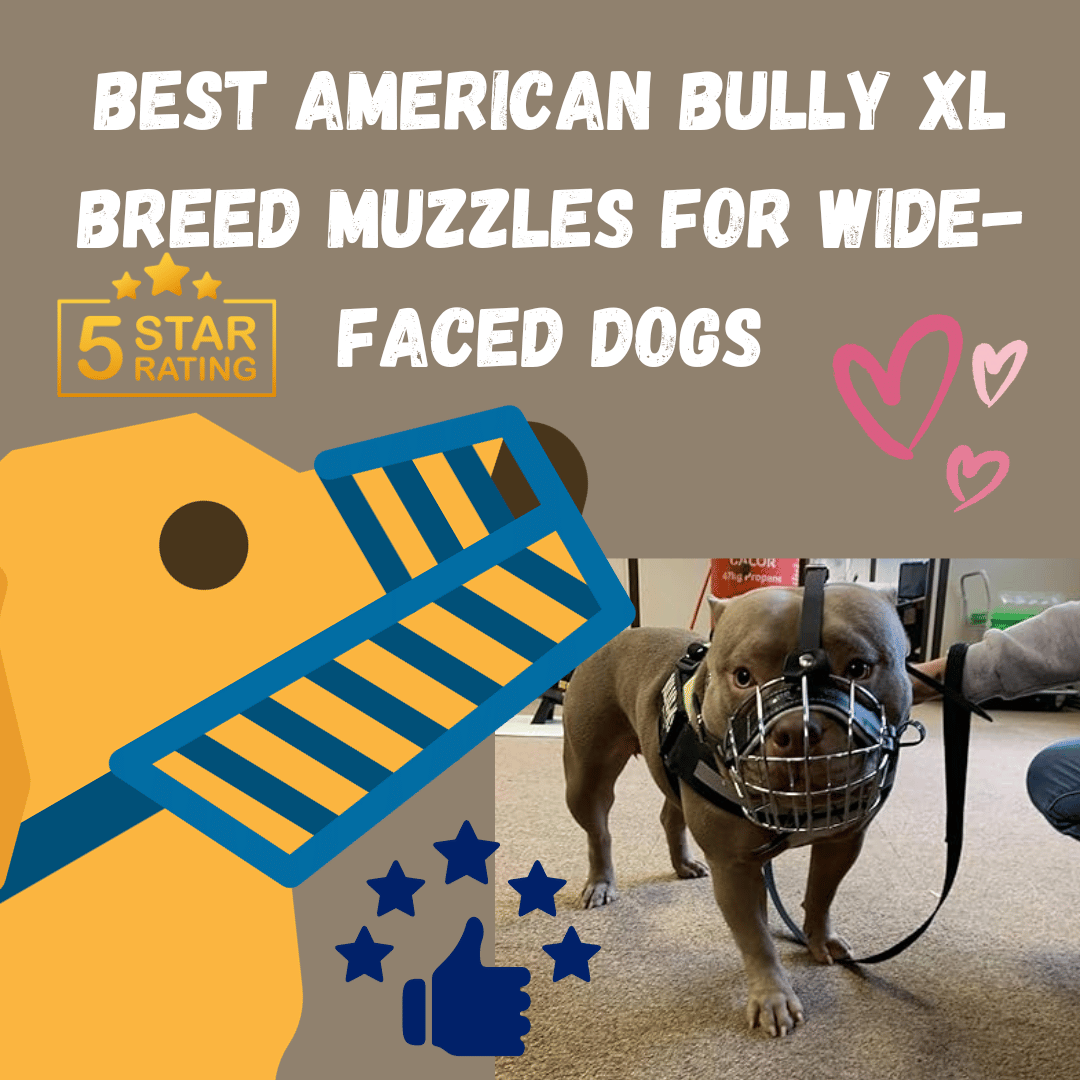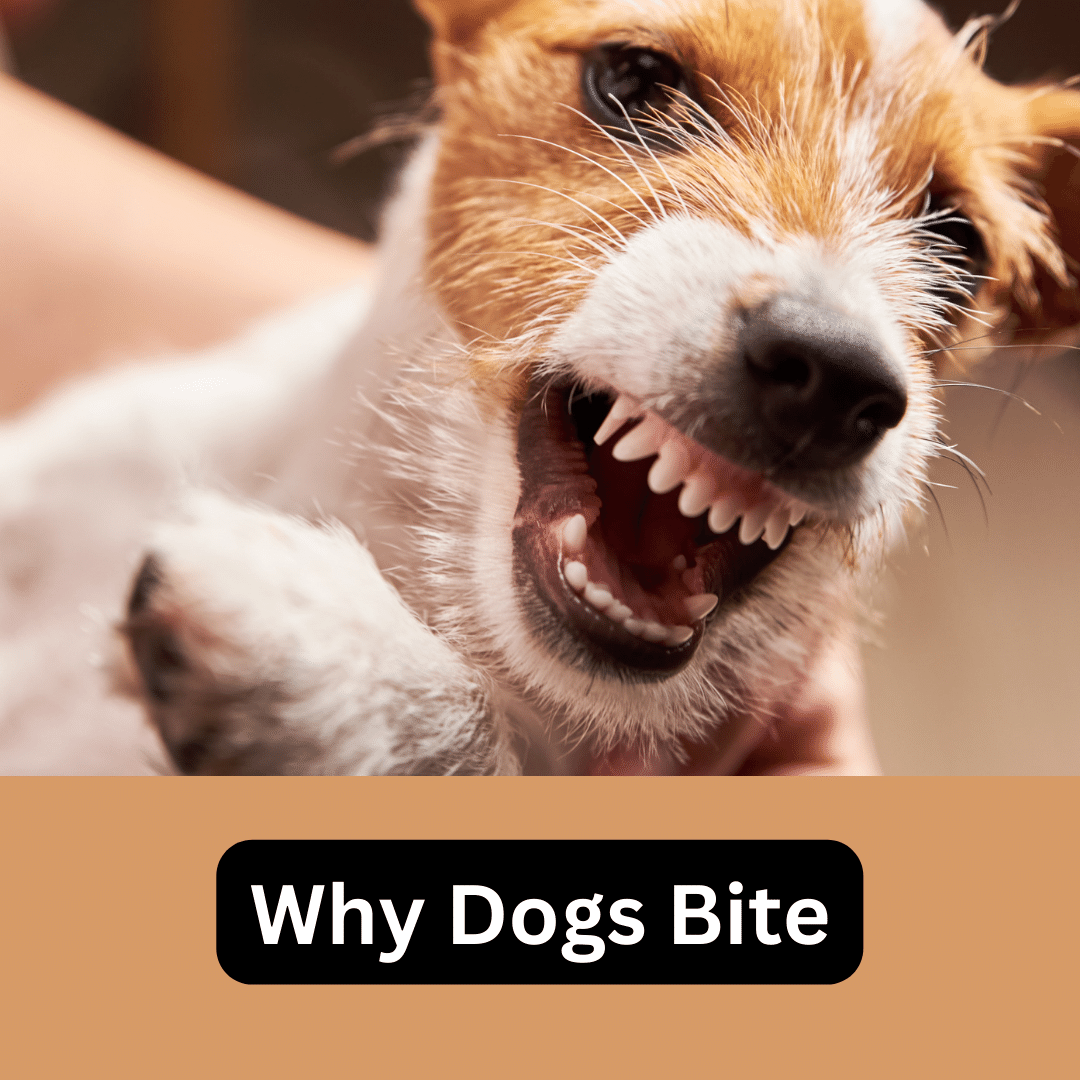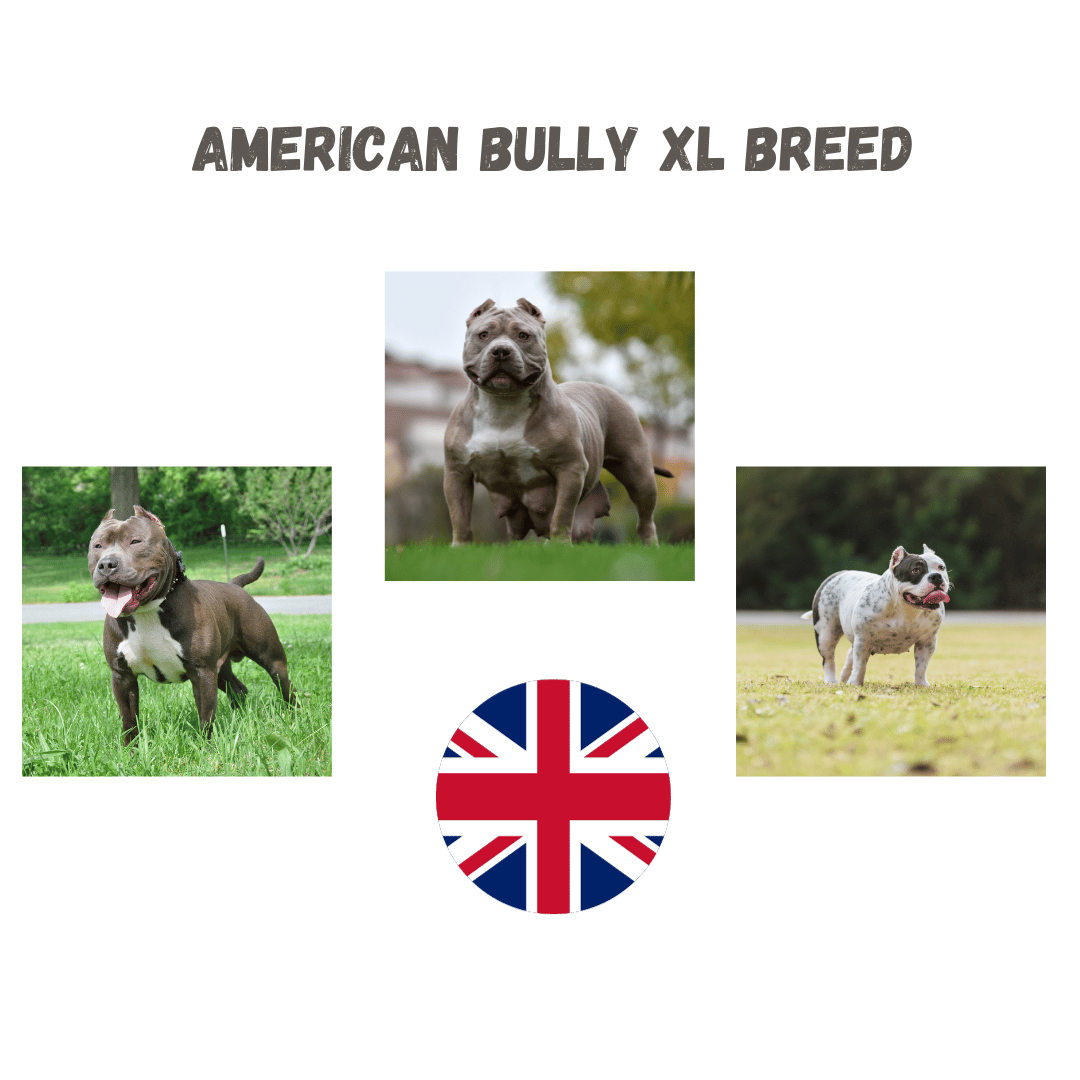Having healthy bones is essential for your dog’s health and well-being. Their bones can become weak and brittle if they don’t have enough vitamins or minerals. This can lead to pain in the joints when they move, and it could also make them more likely to get osteoporosis as they get older.
The vitamins and minerals essential for the growth and repair of bones in dogs are Vitamin C, D, K, Calcium and Phosphorus.
Five Main Vitamins and Minerals for Bone Health
#1 Vitamin C
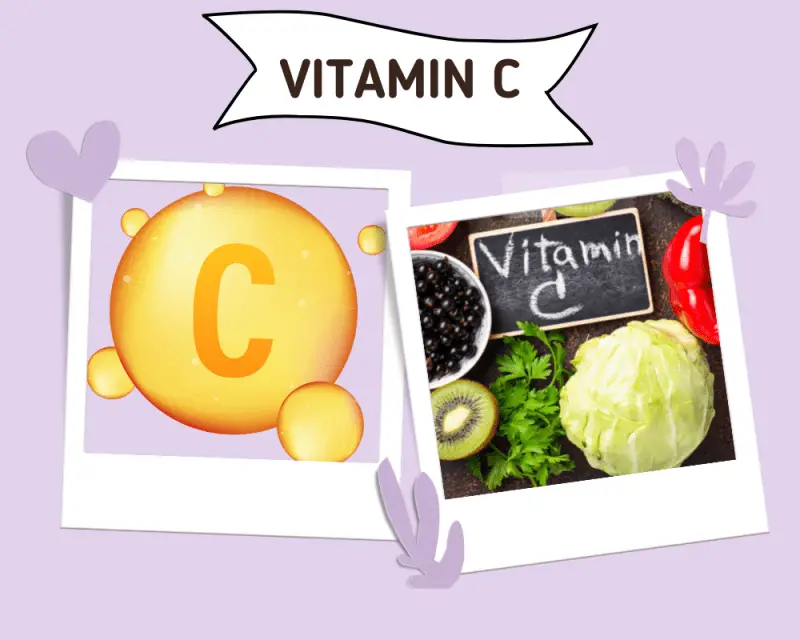
Type of Vitamin: Water-Soluble
Vitamin C is vital for a dog’s joints and bones. Vitamin C deficiency can result in a condition called hip dysplasia.
Vitamin C goes hand in hand with iron and creates a collagen protein.
Collagen is most important to cementing the joints. Collagen is the main structural protein within a dog’s bones, cartilage, tendons, muscles and connective tissue.
Vitamin C Enriched Foods Safe For A dog
If you are concerned about your dog’s joint health, adding a little of the below during mealtime or throughout the day will give a dog added nutrition.
The below should go alongside their food, never to replace! Always in moderation, and introduced slowly, if for the first time.
- Blueberries
- Broccoli
- Brussel Sprouts
- Carrots
- Cauliflower
- Kale
- Mango
- Peas
- Pumpkin
- Red pepper
- Seaweed
- Sweet potatoes
Fresh is always best, although you can supplement vitamin C through medicine if a joint condition exists or known genetics. However, a veterinarian will need to determine the correct dose in this case.
Recommended Read: Carbohydrates That Dogs Can And Cannot Eat
#2 Vitamin D
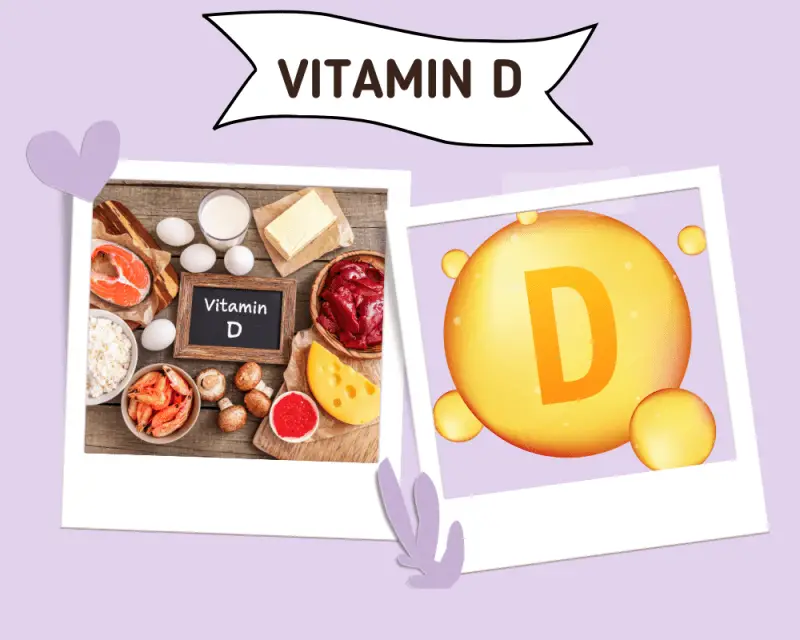
Type of Vitamin: Fat-Soluble
Vitamin D works by balancing calcium and phosphorous within a dog’s body. Due to this vitamin not being water-soluble, too much of it can store in a dog’s liver and tissues. The correct amount of vitamin D is vital. However, the dog will need it excessively to be a health threat and lead to more serious issues like kidney failure and or death. Only on rare occasions, this is possible.
Lack of vitamin D in dogs can lead to congestive heart failure, heart disease, osteomalacia and rickets.
The right amount of vitamin D is vital for dogs. The right amount of vitamin D is essential for maintaining strong, healthy bones.
Vitamin D Enriched Foods Safe For A dog
Add any of the below food extras rich in vitamin D, in moderation only, to a dog’s food to help them stay healthy and happy.
- Beef
- Cheese
- Egg
- Liver
- Rainbow Trout
- Salmon
- Sardines
- Spinach
- Tuna
Recommended Read: How Much Protein Should A Dog Have Daily?
#3 Vitamin K
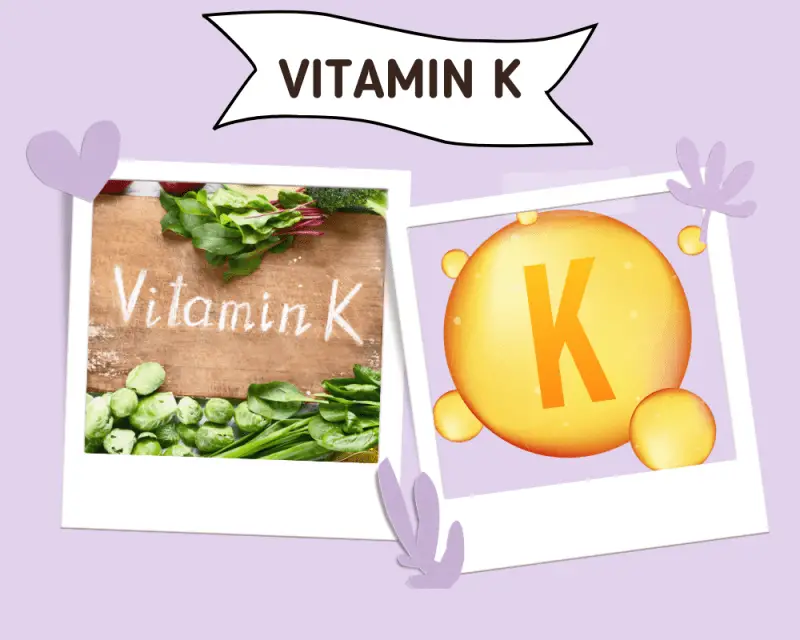
Type of Vitamin: Fat-Soluble
Vitamin K is an essential nutrient that helps keep your dog’s bones healthy and strong. Vitamin K can also help with arthritis and can help prevent hip dysplasia.
Vitamin K Enriched Foods Safe For A dog
Add any of the food extras to your dog’s meal below. Adding just a few can make a big difference in your dog’s bone health!
- Blueberries
- Broccoli
- Brussel Sprouts
- Cabbage
- Carrots
- Curly Kale
- Egg
- Kale
- Lettuce
- Liver
- Salmon
- Spinach
#4 Calcium
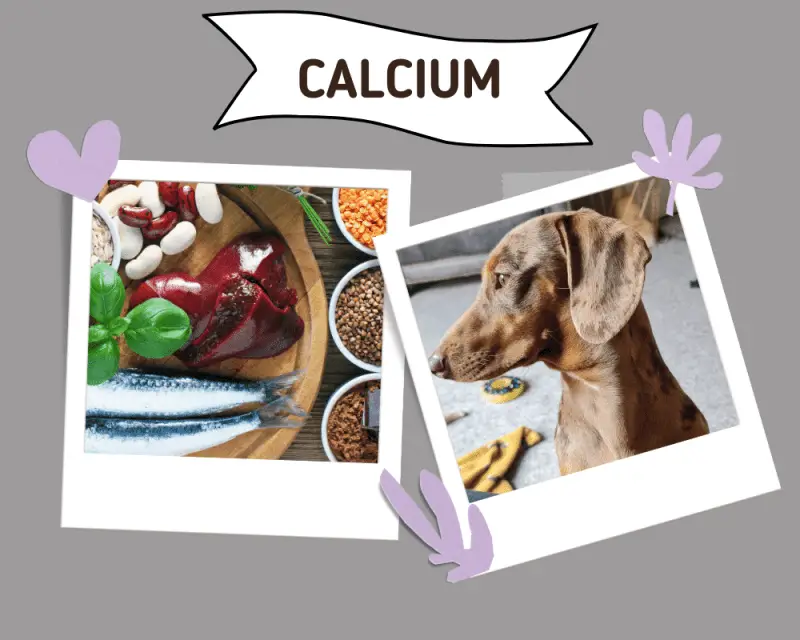
Type of Vitamin: Macro-Mineral
Calcium is vital for several functions in a dog’s body. However, if excessive amounts of calcium are consumed, it can lead to calcium-impacted bowls. Also, excessive amounts can cause joint problems and hyp dysplasia in young dogs.
It’s all about balance with calcium. You need just the right amount in a dog’s diet, like vitamin D.
White Dog Poop: Clear Sign of too Much Calcium
If you were a kid like me in the 80s, you would have seen a lot of white dogs poop on the ground from the naughty dog parents who didn’t pick up their dog’s mess.
The reason for white dog poop was because dog food back then had many crushed bones. The extra calcium leftover turned the dog poop white.
If a dog has a high calcium diet, this is a clear sign that the dog’s body isn’t using all the calcium and has too much.
The ingredient used in these old brands was Bone Meal, which is still used today but not in excessive amounts.
Bone Meal: This is bones grounded up of any animal to provide calcium.
Today, good quality food brands will instead use the products listed below to add good quality calcium rather than bone meal.
Try This:
Check your dog’s food label on the back and see if Bone Meal is mentioned. If it is, I recommend changing your dog food to get better quality ingredients.
Also, look for pure ingredients, called fresh meat, botanicals, herbs or plants.
The food brands that include these will undoubtedly have your dog’s health at the forefront of their brand.
Calcium Enriched Foods Safe For A dog
Adding some calcium to your dog’s food can be an excellent way to boost their health. However, it is essential to do this in moderation to avoid potential problems.
#5 Phosphorous
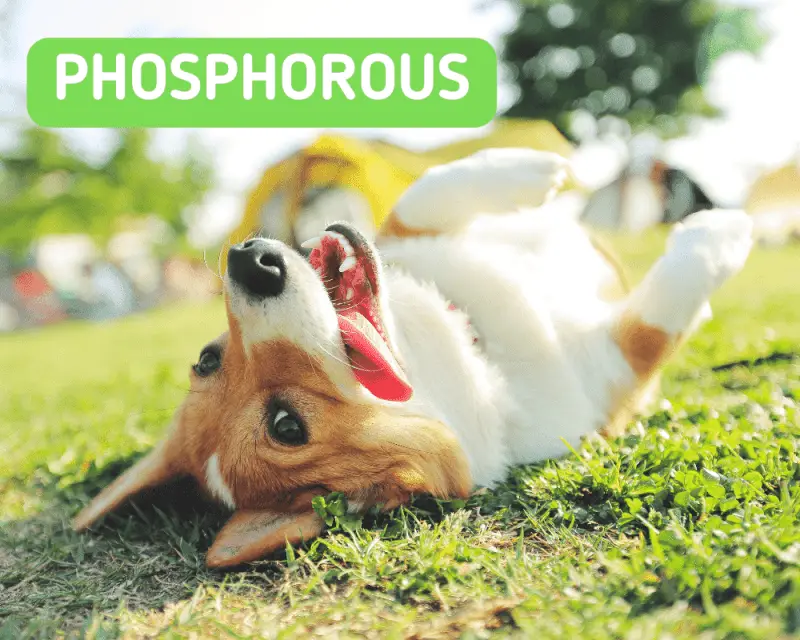
Type of Vitamin: Macro-Mineral
Phosphorous is an essential mineral that dogs need in their diet. This mineral helps with many bodily functions, such as keeping their bones strong.
Phosphorous Enriched Foods Safe For A dog
Adding food extras to your dog’s meal can improve their bone health!
- Egg
- Meat
- Peanuts
- Salmon
Can dogs eat peanuts?
Yes, dogs can eat peanuts. Peanuts are a good source of vitamins and minerals for dogs and are safe to eat as long as they are raw and not roasted or salted.
Differences between Water-Soluble and Fat-Soluble Vitamins (Dog)
A dog’s body quickly absorbs water-soluble vitamins, and any excess is released via the urine.
Fat-soluble vitamins dissolve slowly, and any excess amount is stored in the liver. A dog taking too many fat-soluble vitamin supplements or food containing high amounts could experience problems such as vitamin toxicity.
Do dogs need more macro-minerals and micro-minerals?
Macro-minerals are required at a higher dose than micro-minerals; however, they are both vitally important to a dog’s health.
Minerals are essential for many things in a dog’s body, including
- Forming bones and cartilage
- Maintaining fluid levels
- Making hormones
- Helping with muscle and nerve function
- Delivering oxygen around the body via the blood.
The minerals, vitamins, and enzymes in a dog’s body all work together for the dog’s health.
Conclusion
Bone and joint health are vital for your dog to live a long, pain-free life well into their senior years.
As listed above, many foods can boost their overall health and support their bones.
It’s always better to use fresh foods over supplements. However, Suppose you think your dog may need supplements. In that case, it is always best to get a veterinarian’s advice before treating a dog at home, especially if it’s a fat-soluble vitamin, as these can become stored in unwanted places in a dog if over-supplemented, which causes health issues in themselves.
Remember to check the back of your dog food label to ensure it has the best ingredients.
